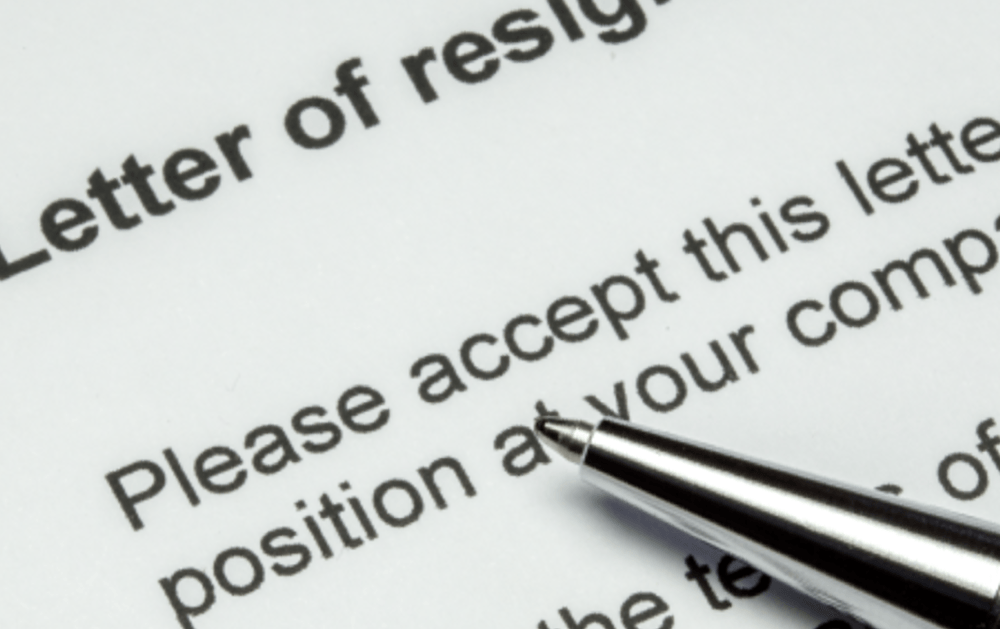What Should You Include in Your Resignation Letter?

You’ve accepted a new job, signed on the bottom line and popped a champagne cork. Now it’s time to let your company know you are leaving.
While it is advisable to resign to your manager in person, you will also need to provide a resignation letter or email to formalise the end of your contract. Depending on the size of the company, these letters are often sent or forwarded to Human Resources, who will keep a record of your dates and update payroll or other departments as appropriate.
A well-written resignation letter allows you to retain a positive relationship with your employer and leave without burning any bridges. Don’t forget you may wish to use the employer as a referee in the future, or that there’s a possibility you could end up working with your manager or colleagues again down the track.
Here are our top tips for writing a resignation letter.
Start with the Facts
Your letter should start by providing basic information about the position you are resigning from, the organisation you work for and the date you are submitting your resignation. Check your contract before you write your letter to clarify your notice period and include the date you plan to leave the company.
For example: I am writing to inform you that I hereby resign from my position of Project Manager at XYZ Construction Ltd, effective 15 October 2019. My last day with the organisation will be 15 November 2019.
Thank Your Employer
Showing appreciation to your employer is a good way to maintain a positive relationship. Even if you are no longer happy in the role, there was probably a time when you were really excited to work with the organisation and you may have learned a lot during your tenure there.
For example: I would like to take this opportunity to thank you for the chance to work with XYZ Construction Ltd. I have gained valuable experience during my time with the company and have appreciated your ongoing guidance and support.
Offer to Help During the Transition
Your employer will be grateful for your support during your notice period. Where possible and appropriate, that might involve helping to recruit your replacement or just continuing to work in a way that doesn’t interrupt projects or delay delivery deadlines. Stating this in your resignation letter shows that you intend to work productively and support the team until your last day.
For example: I will continue to deliver my duties throughout my notice period and am also available to help train a replacement if needed. I will ensure that all reporting and records are updated before my departure and can put together handover notes to guide the next person in my role.
Finish on a Positive Note
This is a final chance to demonstrate your appreciation for your time with the company and wish them future success. It also reflects well on you.
For example: I wish you and the team all the best and hope to stay in touch in the future.
Keep the Tone Professional
Remember that this is a formal piece of communication, so you should be clear, brief and polite. You don’t need to provide your reasons for leaving, lengthy examples of projects you’ve enjoyed working on or people you admire within the organisation.
Certainly, don’t use the letter as an opportunity to raise any grievances or bad mouth your colleagues or manager. If there is an issue you want to raise before you leave, you can contact your manager or the HR team and request an exit interview.
Summary
Resigning from a job can be a challenging experience, and thankfully we don’t need to do it very often. This guide on how to write a resignation letter will help you formalise the process and leave the company with your head held high and reputation intact.
If you’re ready to move on from your current role, talk to our team of Construction, Engineering, Manufacturing and Infrastructure recruitment specialists today.





